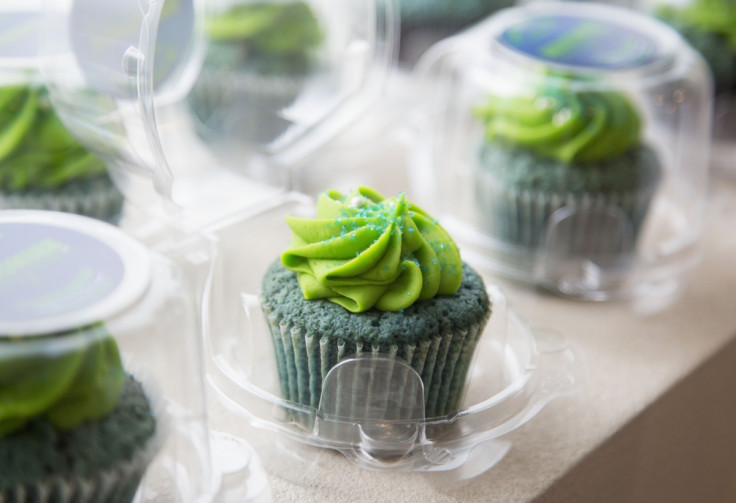Colorado May Clamp Down on Edible Cannabis After Deaths in Denver

Campaigners in Colorado are calling for a clampdown on "hash browns" and other edible forms of cannabis after two recent deaths were linked to the drug.
On 11 March, Congolese student Levy Pongi, 19, leapt to his death from a Denver Holiday Inn balcony after consuming six times the recommended amount of cannabis in a cookie, only months after Colorado became the first US state to legalise the recreational use of the drug.
This week, Richard Kirk shot dead his wife Kristine after he reportedly consuming Karma Kandy Orange Ginger, a sweet that is laced with the drug.
Shortly before being shot, Kristine Kirk told a 911 emergency call dispatcher that her husband was hallucinating after consuming the drug. Police said he may have taken prescription pain killers on the night of the shooting as well, and was acting erratically when arrested.
A coroner has ruled that Pongi's death was linked to consuming cannabis, but no connection has yet been proven between the Kirk shooting and the drug.
"This experiment in my home state has been a disaster and an absolute failure, with increased use and certainly the fatalities we are starting to see," Ben Cort, Director of the Colorado Center for Dependency, Addiction and Rehabilitation, told the Telegraph.
Former Congressman Patrick Kennedy, who heads Smart Approaches to Marijuana, urged the government to enforce prohibition of the drug, which remains banned at the federal level.
"The federal government is culpable for the increased use by young people, that's something the Administration does not want to have on its conscience. It's important the Administration understands what is happening on the ground in Colorado," he told the paper.
According to the Rocky Mountain Poison and Drug Centre, there have been 26 cases of people poisoned by cannabis comestibles since they were legalised, including six children, who reportedly consumed cannabis sweets by mistake.
Under state law, retailers have to produce guidelines to ensure that consumers know how much cannabis they are eating in a product. They are due to be released next month.
Laws also require retailers to sell edible products in serving sizes containing a maximum of 10 milligrams of THC, marijuana's intoxicating agent.
Pongi, who was in Denver on a spring trip with friends, was advised to consume only a small portion of the cookie by the retailer he bought it from, but believing the drug was not working, he ate the whole thing instead.
"The thing to realise is the THC that is present in edibles is a drug like any drug, and there's a spectrum of ways in which people respond," Michael Kosnett, a medical toxicologist on the clinical faculty at the University of Colorado School of Medicine, told CBS News.
He said that a person's genetic makeup and health issues were among the factors that influence how the drug might affect someone, and first-time users may consume too much, unaware of the drug's effect.
© Copyright IBTimes 2025. All rights reserved.






















